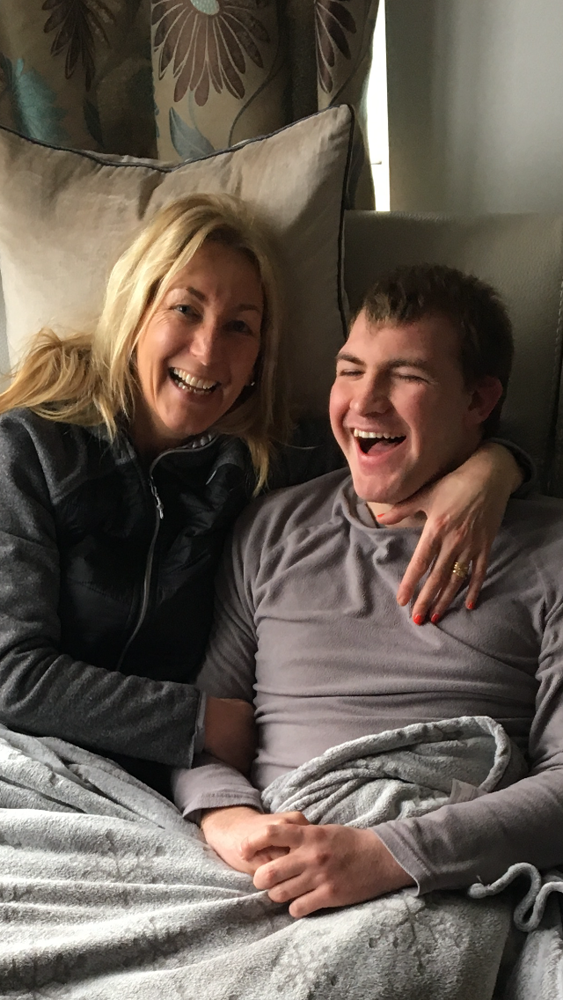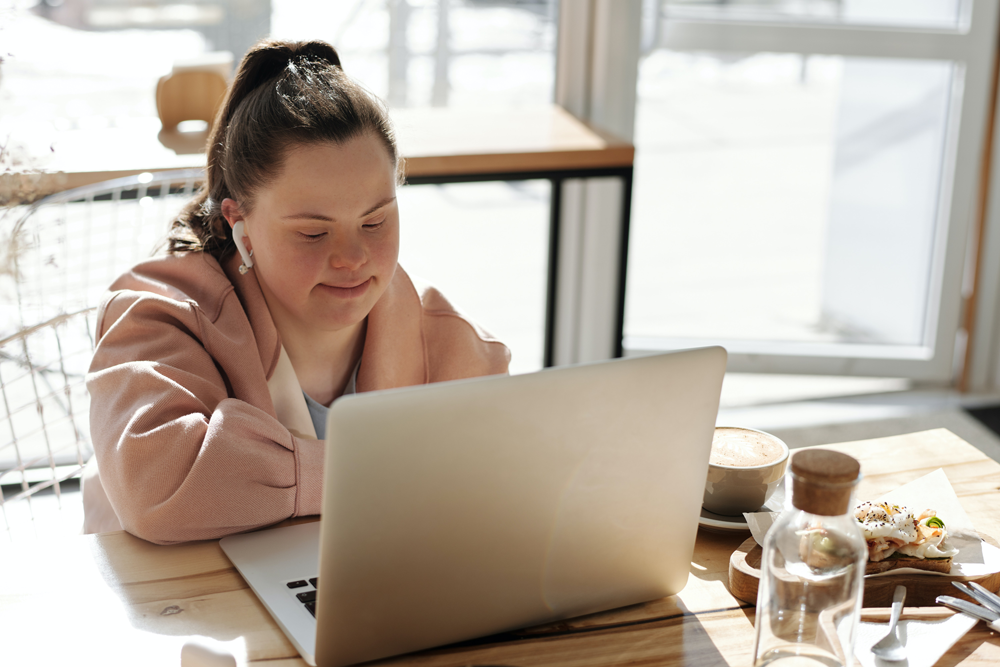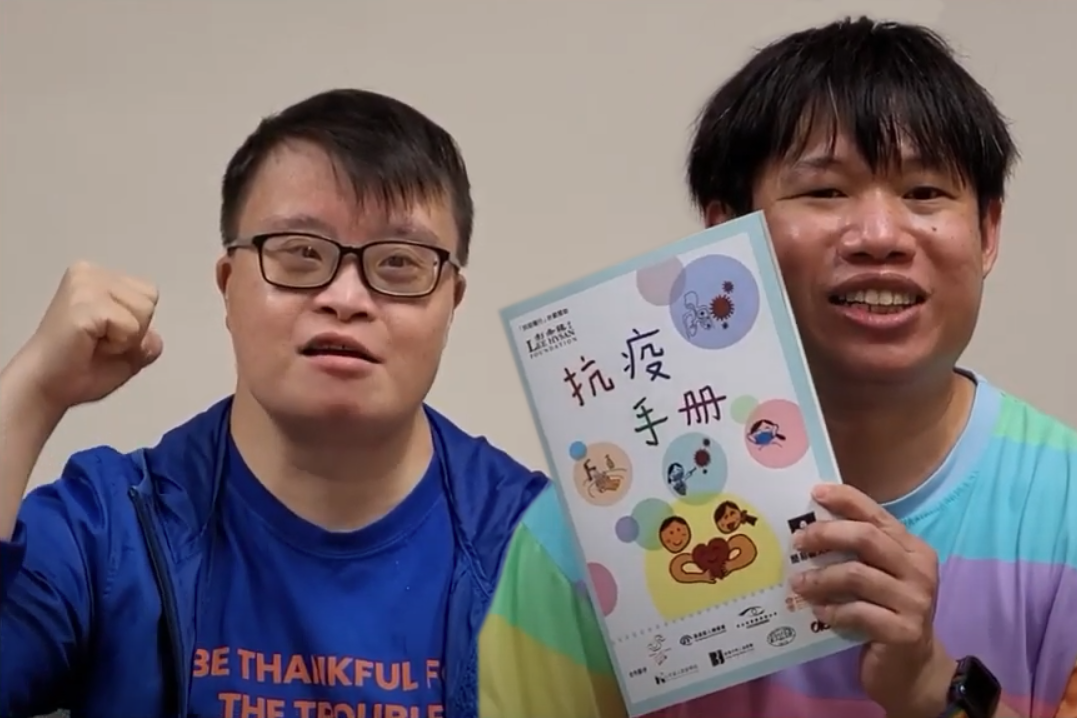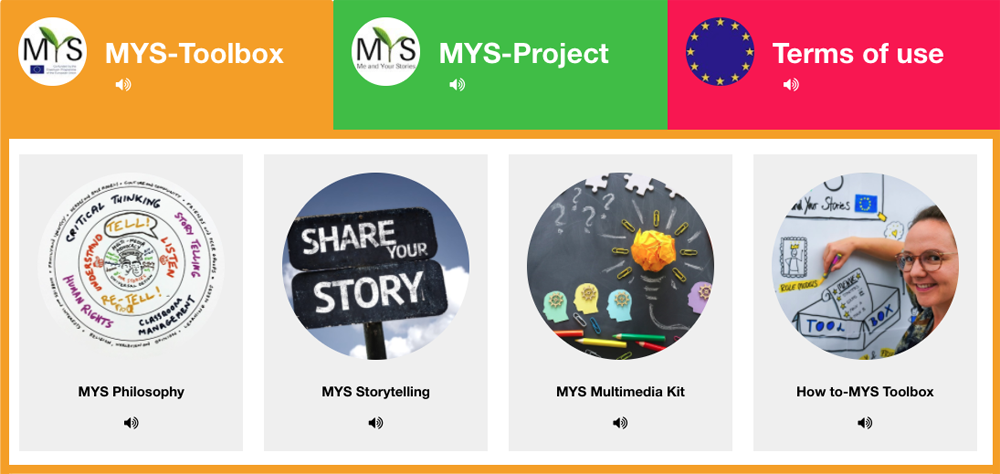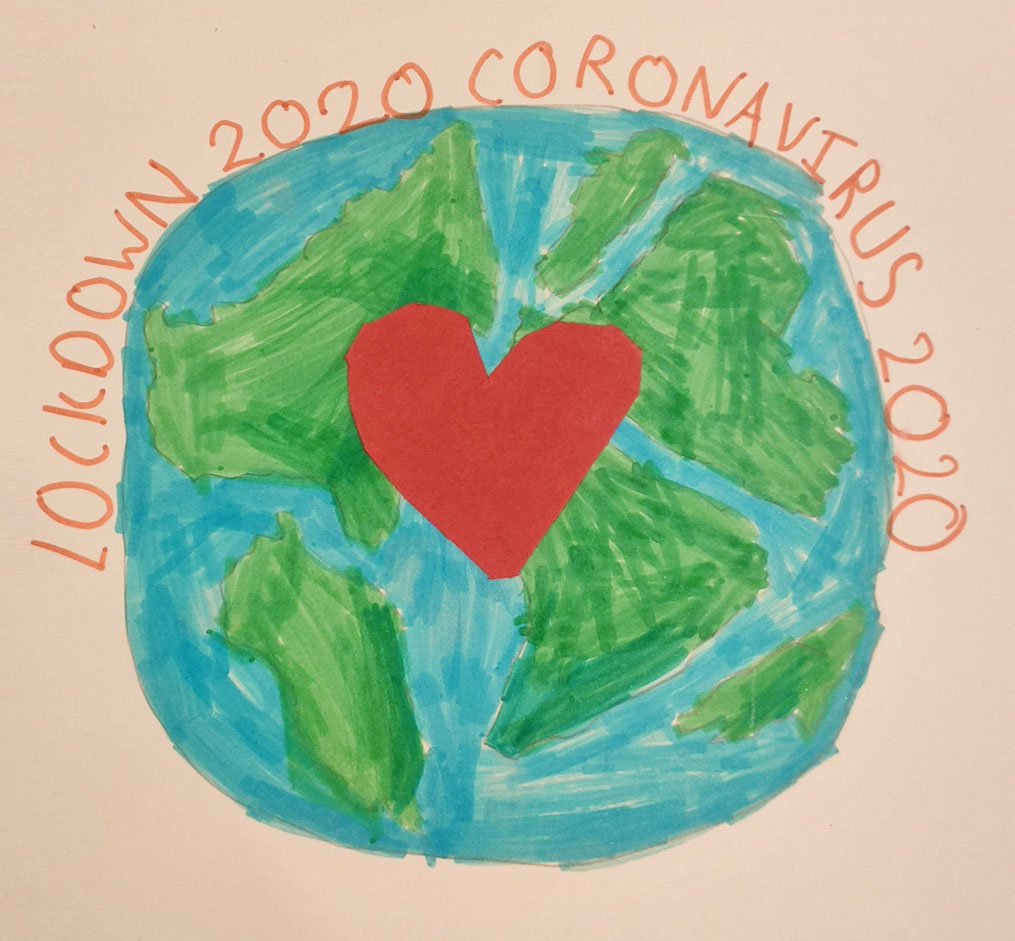Notwithstanding the global pandemic, it’s been a busy year for Rix and whilst lockdown has had its challenges it has also presented us with opportunities.
Our Stay Connected project, funded by NHSx, is moving into Phase 2; the MYS Me and Your Stories project continues to develop the innovative MYS toolkit alongside our European partners; the purpleSTARS, with Ajay’s support, have linked up with Montreal’s FABULOUS STARS and are currently working on a zoom training resource for Digital Unite. Rix Wikis and our EasySurvey software are an integral part of these projects and activities.
All of this work has taken place outside the office, off campus, in our respective homes, so we’d like to share some personal and professional reflections with you, as well as our hopes for the future.
Andy
Lockdown pulled the rug from under my routines and then grew new ones of its own. I missed cycling to work and chatting to the guys in the coffee stand at the station. Instead, I did early morning walks on the Heath and got to know the trees and bushes. I rode the waves of news anxiously like everyone else and I loved the streets without cars and the skies without planes.
Work has felt both intense and oddly informal as it has all happened in the spare room in the shape of an endless sequence of Zoom sessions and Teams meetings, with my colleagues like animated postage stamps on the screen. I miss Ajay making me a cuppa and us having a natter in the Rix office and I miss sweating out all the day’s tensions on my cycle home from work.
The people we work with need us to come through with new and better ways to help and support them and I’ve been impressed with how far we’ve come in this respect.
I feel optimistic as we emerge from our lockdown cocoons because we have opportunities to grasp. And when we do meet up as a team, we will really cherish the chance to be together again… so there are exciting times ahead to look forward to!
Craig
Working remotely has felt very isolating at times. I miss seeing my team mates in person, making them a coffee, walking together to buy lunch. These moments and interactions are part of the human experience and hard to replicate in a digital world.
We approach familiar activities as a team in different ways, we use video conferencing and collaborative whiteboards to think through ideas and plans. The ability to collaborate rapidly, rather than wait for a team meeting, has really helped build project momentum.
Working within such a short and challenging timeframe with TechForce19 forced us to change and re-evaluate previous thinking and approaches. We used rapid prototyping and lean thinking to get our ideas from a collaborative whiteboard into the clients’ hands in a matter of hours/days.
My hope is that we continue to develop our thinking around how ‘easy tech’ can reduce social exclusion.
The challenge is to help people connect and build relationships and for me this is the key to so many of the issues we face and will face in the future.
Ajay
I couldn’t go to the gym so I looked for new ways to stay strong, fit and healthy. My new routine helped me to stay positive. Once I had everything I needed to work remotely, I was very happy at home, and able to keep an eye on my elderly father. I found new projects to fill up my time and here is my video diary of decorating the spare room.
Every Monday I run a virtual Wiki Master Class on Wiki building. We look after one another, cheer each other up and I always reminded everyone to stay positive. I have built strong bonds with the group and I like that they look up to me as a mentor. During lockdown I felt it was important for me to stay in contact with colleagues and friends via online chats, video calls and WhatsApp.
I would like to go back to normal and work in the Rix office. I want to run workshops and work on my video production, graphic design and leadership skills.
I hope to find my life partner, travel the world and write a world journal.
Kanchan
The pandemic made me realise I had been caught up in the rat race. Suddenly I had all this free time on evenings and weekends. I spent quality time with my family, cooking, playing, dancing and singing badly! I experienced a roller coaster of emotions throughout, I have laughed, cried, shouted and screamed in frustration. Most importantly, I learned what it means to be patient whilst trying to home school my young son. This experience has changed me and my outlook on life forever – life is for living in the present.
I was fortunate to have the opportunity to try my hand at a few different tasks. I wrote an article for our website and co-wrote another. It was good to be out of my comfort zone and develop my skills. I have such a wonderful and supportive team to guide me and they gave me the confidence I needed. The only barrier was me. I just need to believe in myself.
My hope for the future is that the acts of compassion and kindness that I experienced in my local community continue – sharing food and supporting food banks and other charities trying to help those who are struggling, checking in on isolated elderly residents.
I hope people continue to acknowledge the NHS and other key workers who have worked so tirelessly and continue to do so every day.
Gosia
When lockdown was announced at the end of March, I was not ready for it. It caught me in a bad moment. I don’t want to work from home, I want to go to my office and work with people. I live alone and very rarely choose to work from home. Even though no one else was there, I continued going to the office until they locked the building. Now I have to work from home. Oh no!
The first few weeks were really about establishing new routines and finding ways of continuing my work, supporting my colleagues and ensuring that everything ran smoothly. After a few weeks I started to enjoy the new working arrangements and could see the benefits of working remotely.
If lockdown happens again it will not catch me by surprise, I will be ready and prepared. I will embrace it and enjoy the benefits and opportunities that it presents. I will be strong!
Richard
My experience of the pandemic has been shaped by two things. One, that I was in bed with the virus for 10 days in April. Two, that my partner works in Global Health Research so I was also in bed with someone who could see the bigger picture. Not at the same time though…
I love working from home now that I’ve got used to it. I prefer the natural flow of each day unencumbered by the need to get to and from somewhere else. It’s good that we can do so much online these days and it follows that we must always keep in mind the digitally excluded and look for ways of including them, giving them equal access to the digital world.
It’s hard to focus in on a bright future when the world appears to be in such a mess on so many levels. I hope that we all live the best life we can.
I hope that we continue to connect, support and empower people and that the ways in which we do this become ever more refined and effective over time.
Sam
Losing my dear aunt, who had dementia, to Covid-19 and not being able to attend her funeral made the impact of the pandemic so real to me. The importance of personal relationships and the comfort and support we can offer each other at these sad times can never be underestimated.
For the past few years I have worked partly from home so adapting to working solely from home was not difficult. I do however miss the personal contact and social interaction with colleagues and getting dressed up instead of lounging in pyjamas and only changing my top for a Teams meeting.
Everyone matters. I hope society learns the importance of preserving our planet, the psychological benefits of our green spaces and most of all that we protect and value our most vulnerable citizens, enabling them to live full healthy lives.
